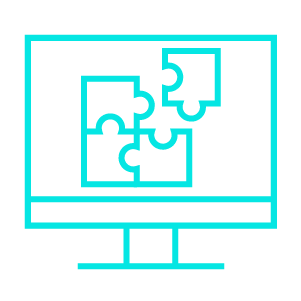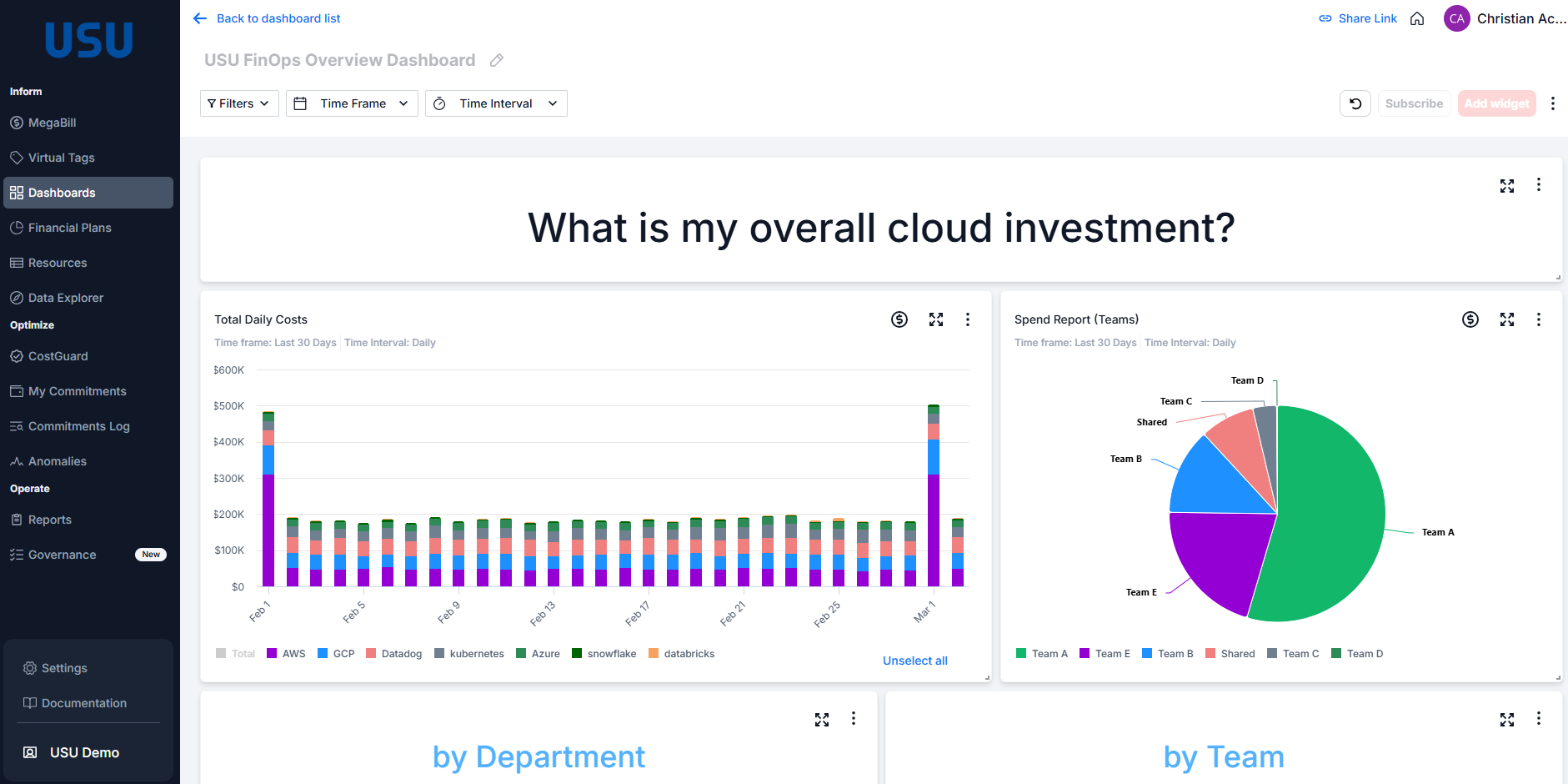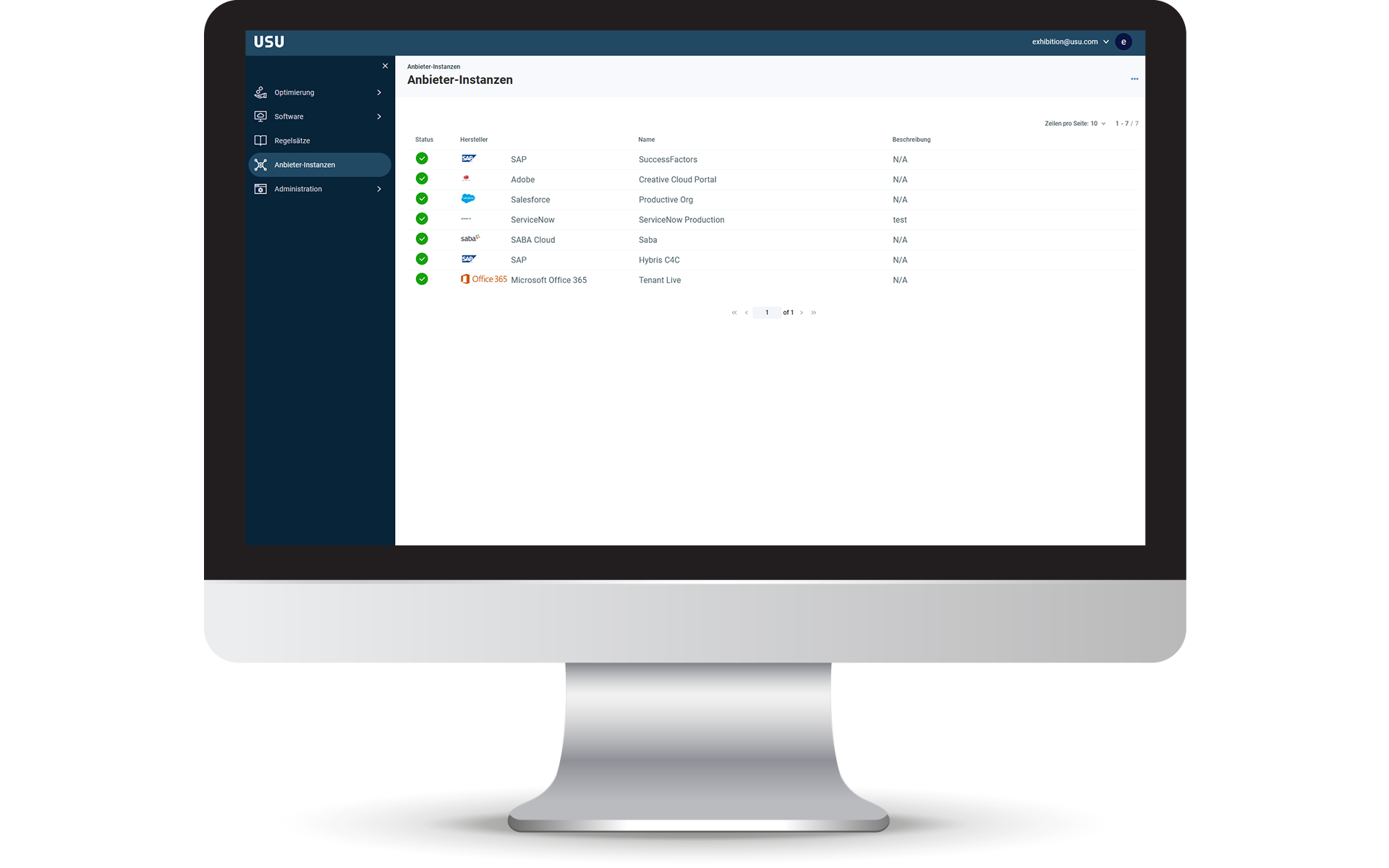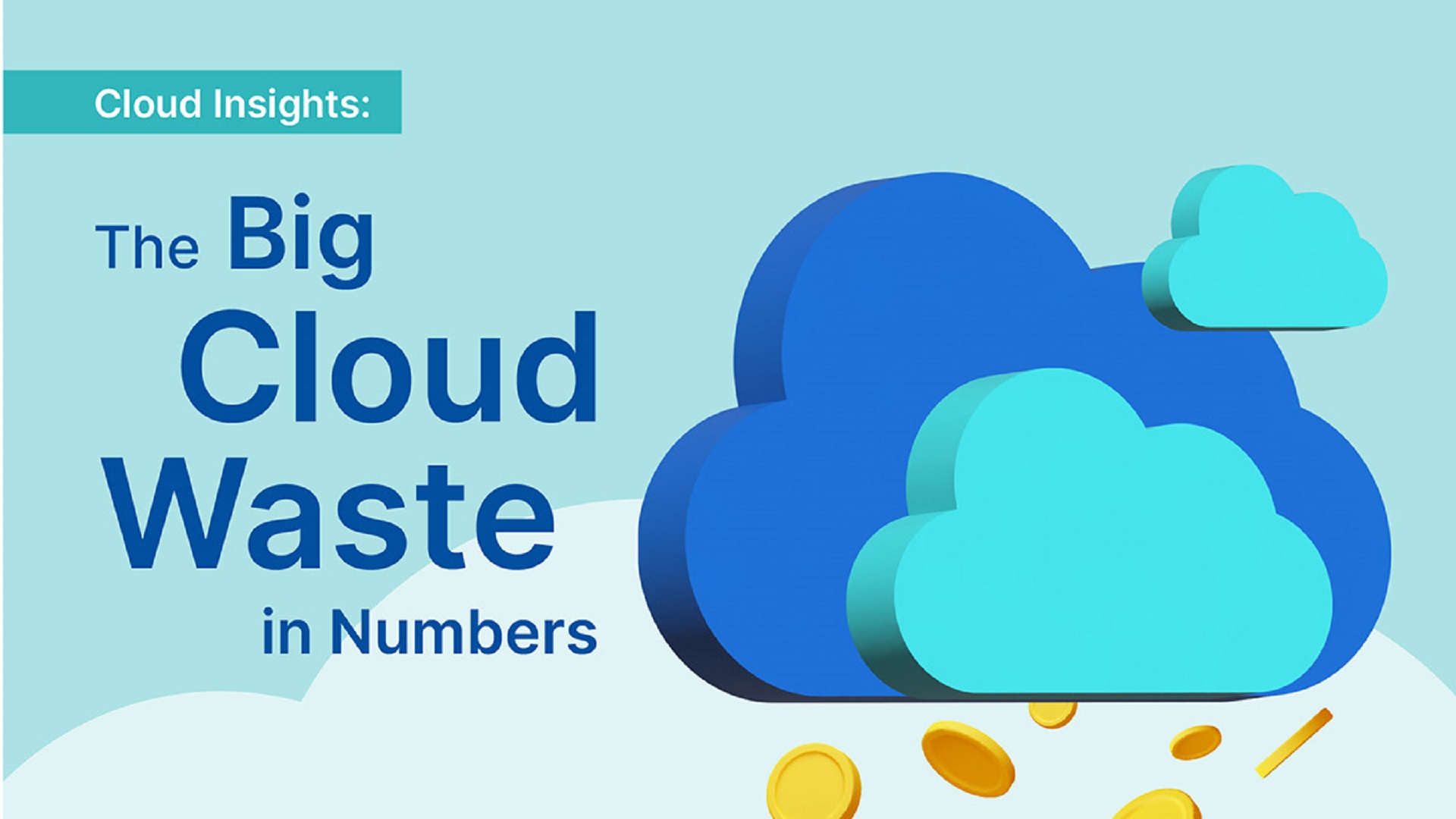
USU Cloud Management
How to benefit from Cloud management

Focus on holistic cost optimization
We support you in identifying all cloud costs, whether IaaS, PaaS or SaaS, implementing targeted optimization measures and saving up to 30% on cloud costs.
Better cooperation among stakeholders
Unclear goals between operations, development and finance can lead to conflicts. We help you to bridge these communication gaps and improve collaboration.
Centralized view of all cloud costs in the company
We consolidate data for your IT finance department to allocate costs effectively and provide stakeholders with better comparability of providers in terms of type, size, location, and price of instances and services.
Cloud cost management with USU FinOps
USU FinOps provides precise visibility into cloud usage, cloud spend, and enables efficient resource optimization. By combining highly available SaaS applications with enterprise support, we provide customers with a worry-free cloud cost management solution.

SaaS management and cost optimization
Our SaaS Management tool provides complete visibility of SaaS environments with options for immediate cost optimization. With over 150 integrated connectors directly connected to providers' APIs, we pull relevant data from popular cloud products like M365, Salesforce, SAP, VMware, and others.


A sound understanding of cloud costs and their allocation is crucial for optimization and maximum ROI. In the area of FinOps, it is therefore important to promote transparency in the cost structures of the cloud so that budget managers can make the right strategic decisions.
Satisfied customers of our USU Cloud Management solutions
What exactly is FinOps?
FinOps, short for "Financial Operations" is a strategic approach to cloud cost management that promotes collaboration between finance, IT, and operations teams. This framework supports continuous optimization and precise decision-making to improve the efficiency of cloud resource usage.




